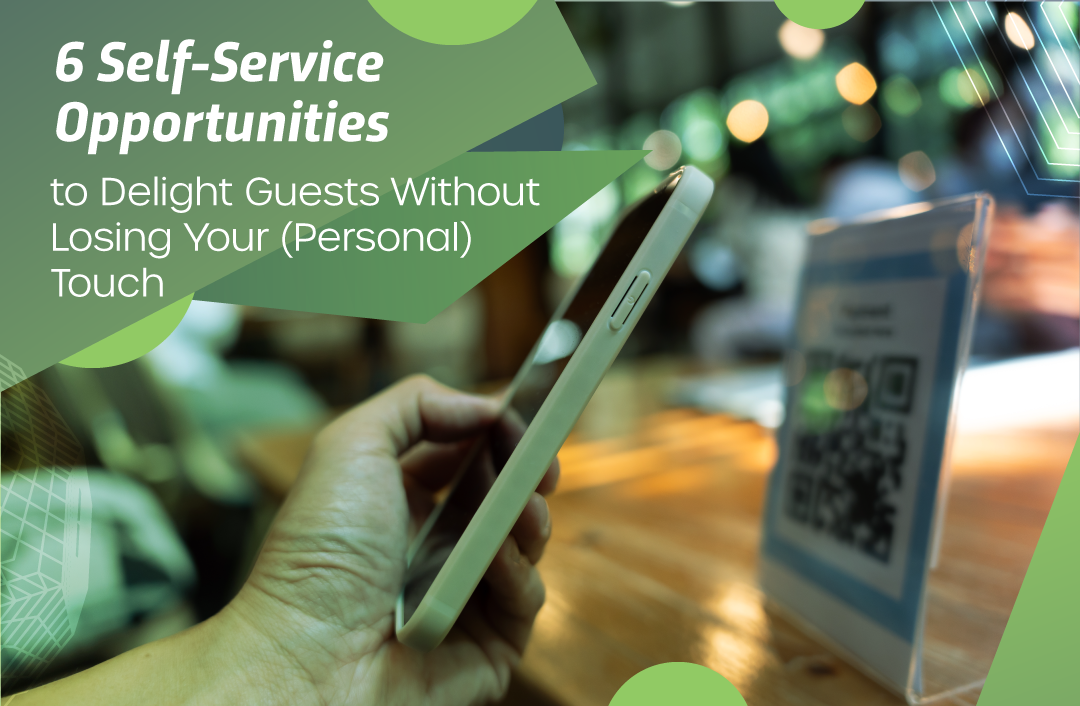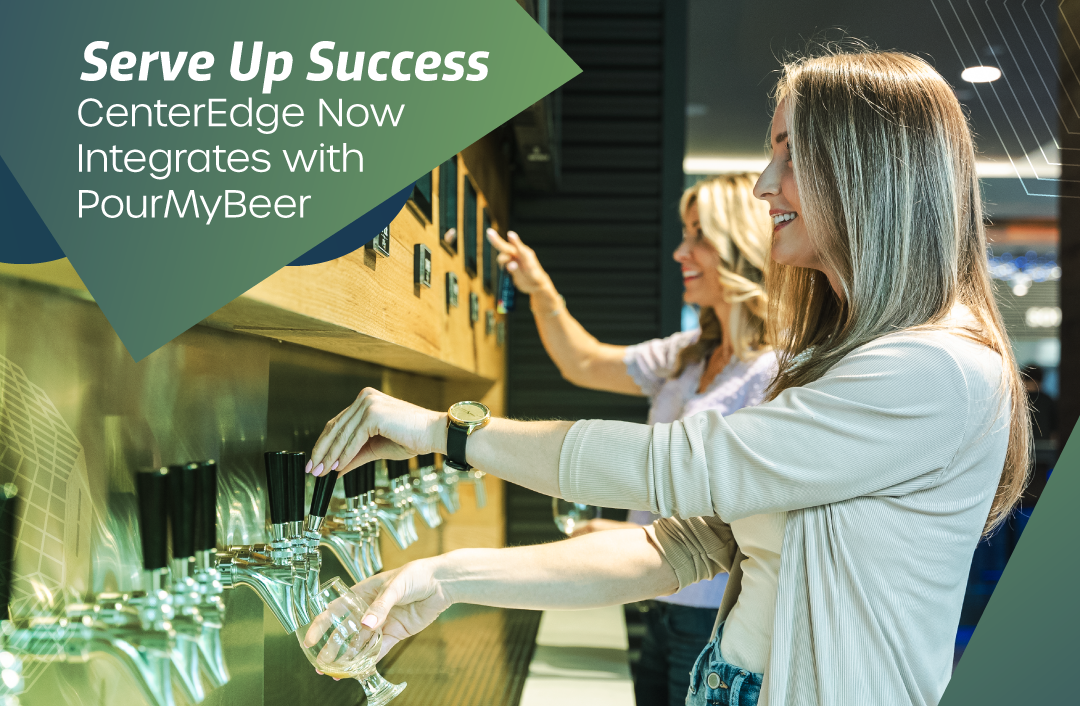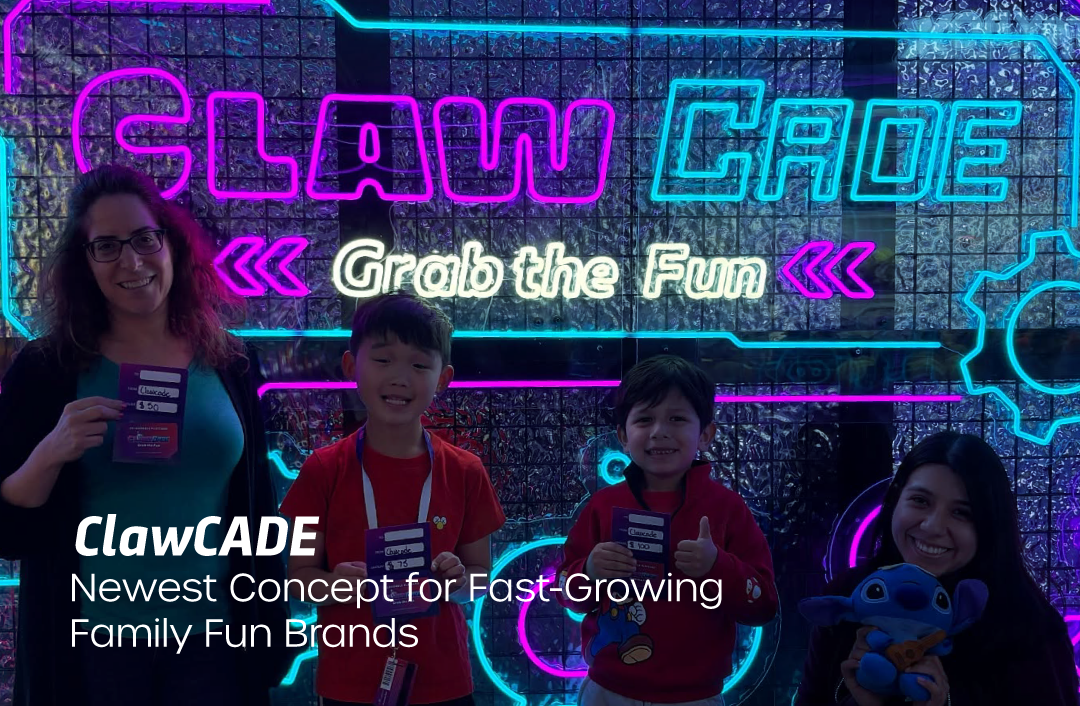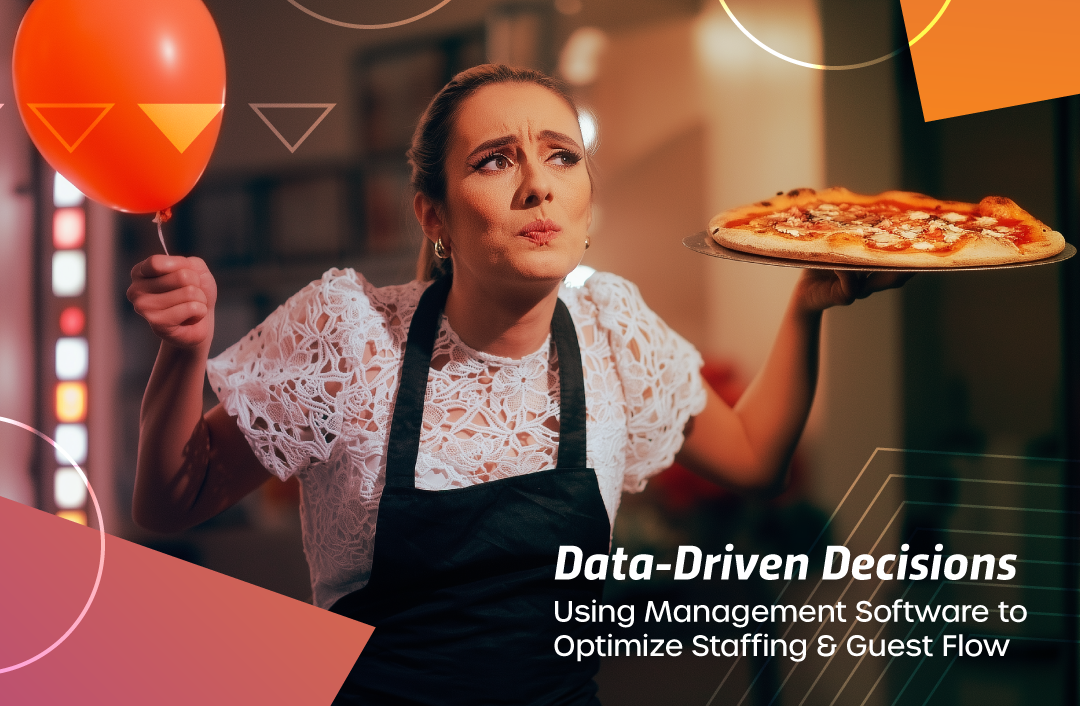Tips to help make selling birthday party and group events at your FEC a faster, easier process.
Product pricing is one of those topics that can cause a lot of controversy for leaders in almost any business and the FEC and amusement industry is no different. Do you want to be the cheapest in town, the most expensive or somewhere in the middle? There’s no right answer. If you align your product and experience with the needs of your buyer in mind, you get to decide the right pricing strategy for selling
A friend of mine asked me to take a look at a sales script he’d written the other day. His company charges a premium for their product and he intends to help prospects understand why the company’s fees may be higher than competitors’, and (naturally) why their company is “worth” the extra spend. In order, the meat of his script was organized like this:
- Price
- Our company history & experience
- Selling Point #1
- Selling Point #2
- Selling Point #3
In this simplified format, it’s easy to see that the first two are positioned from the company’s perspective. In fact, the sales person using this script would be nearly halfway through before addressing the needs of the buyer. How did this happen? Well, the company intends to be transparent and let prospects know that their organization isn’t necessarily going to be the cheapest option.
The problems with this approach:
- Your prospect doesn’t care how much it is until they know if they even want it.
- If you talk about price this early in the conversation, you are telling the buyer that the most important piece of this puzzle is the price. This means that you will spend the rest of the conversation justifying your prices at best or apologizing for them at worst. This is an uphill battle.
- Your prospect hears the price and spends the rest of the conversation turned off or getting ready to negotiate with you. After all, if you’re “throwing numbers out there” they must just be a jumping off point, right?
- This approach pushes the cost at the buyer, rather than letting them draw their own conclusion that your facility has what it takes to give them the right event – and the price it will take to get it.
Know Your Ideal Buyer
When it comes to sales, your facility is probably not going to be all things to all people, and that’s okay. But you need to know who your ideal buyer is. Are they the guest who wants the best experience in town? The one who always wants a discount? It’s important to know who your ideal buyer is and build pricing and your best selling points with them in mind. Learn what’s important to them and how your product meets that need or desire.
Of course, you’ll probably find that you want to be more things to more people, and that you have more than one buyer profile – such as a busy group coordinator whose main motivation is an easy, facilitated event or a budget-conscious coordinator trying to provide an inexpensive event for at-risk youth. You’ll want to match the right product to the right buyer at the right time. Use creative packaging, and peak and off-peak scheduling to fine-tune their offering to make the most sense for them and your business.
Know Your Competition
Sales expert Jill Konrath encourages sales people to know the competition without obsessing over — or copying — them. That means it’s important to know who your competition is and how to differentiate yourself from them. Then you’re able to sell from a point of strength and set yourself up as an expert — one who is guiding rather than selling.
Know Your Competitive Advantage
Your competitive advantage is what your facility does better than everyone else. Once you know who your ideal buyers are, what’s important to them, and how your competition may appeal to them, you can begin crafting your brand’s story to show how your facility is the right choice for their unique needs. Then, as you meet with your prospect, you’ll spend time discovering which of the selling points will appeal the most, giving you everything you need to win the sale and wow your buyer. In the end, your process should look a little more like this:
- Invest time to build the relationship and get to know your buyer.
- Discover your buyer’s unique needs and priorities.
- Educate them on how your facility will meet those needs and how aligned with their priorities your facility is. Once you do this, then it’s appropriate to give them the price.
- Ask them to book their event NOW. (Yes, this step is often forgotten.)
If you can remember and follow IDEA, you’ll sell from your guest’s perspective and set yourself up for success every time.
Learn how CenterEdge Group and Party Booking can make your job easier – so you can focus on what matters most.
Search Resources
Subscribe to Email Updates
Featured Resources
Blogs //
6 Self-Service Opportunities to Delight Your Guests Without Losing Your (Personal) Touch

News //
CenterEdge Now Integrates with PourMyBeer to Help FECs Serve Up Success

News //
ClawCADE is Newest Concept for Fast-Growing Family Fun Brands

Blogs //
Data-Driven Decisions: Using Management Software to Optimize Staffing & Guest Flow

Posts by Topic
- Advantage Payments (7)
- Brand Management (19)
- Business Growth (81)
- Capacity Management (2)
- CenterEdge News (28)
- Client Interviews (8)
- Credit Card Processing (3)
- Data & Reporting (12)
- Digital Signage (1)
- Event Management (20)
- Facility Management (10)
- Food & Beverage (8)
- Guest Experience (34)
- Guest Management (20)
- Holiday Season & Promotions (5)
- Industry Events (10)
- Inventory Management (1)
- Loyalty Programs (8)
- Marketing Tips (24)
- Operations (1)
- Point of Sale (10)
- Product Launch (11)
- Productivity (5)
- Profitability (35)
- Redemption Management (1)
- Sales (35)
- Season Passes (1)
- Team Training (60)
- Waivers (2)

Leave a Comment